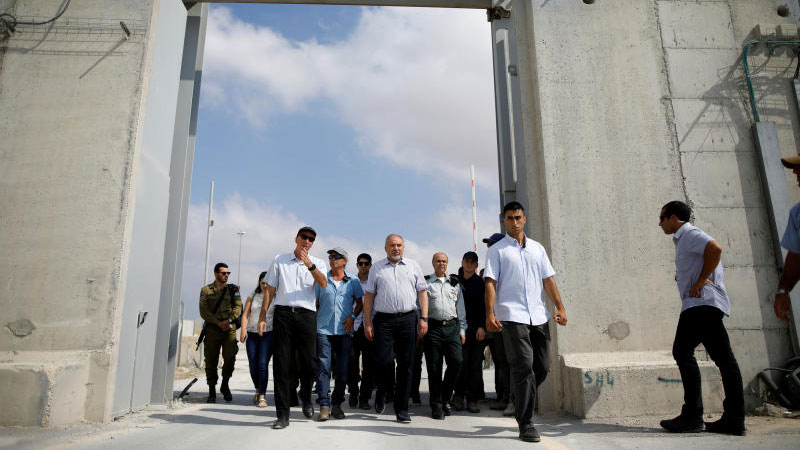
Armed with a pistol, a mobile phone, walkie talkie and an infectious sense of humour, the grandfather with greying pony-tailed hair points at a corner in his office and declares:
“Look at the kind of gifts our neighbhours sent me. These are shrapnels of rockets meant to harm me and my people but I am not bitter.”
And with a beguiling smile Ami Shaked adds, “I am not bitter that the people who want me dead have dreams. I too have mine but it is not always safe to announce what you dream at night”.
Turning his back to his audience comprising of 23 journalists from East and Central Africa, the general manager at the border explains that life at Kerem Shalom Gaza crossing point is like an orchestra.